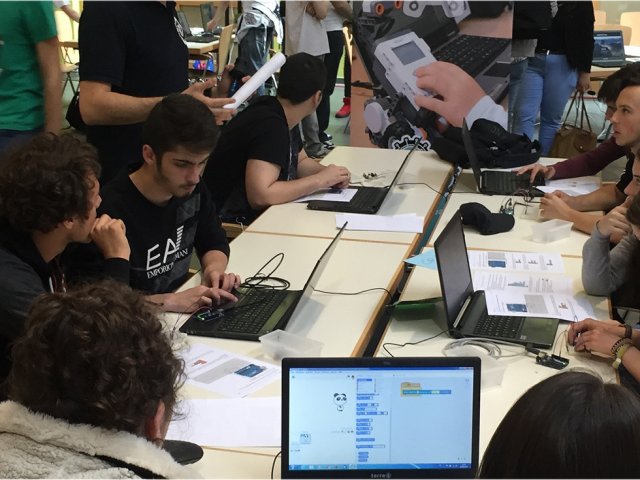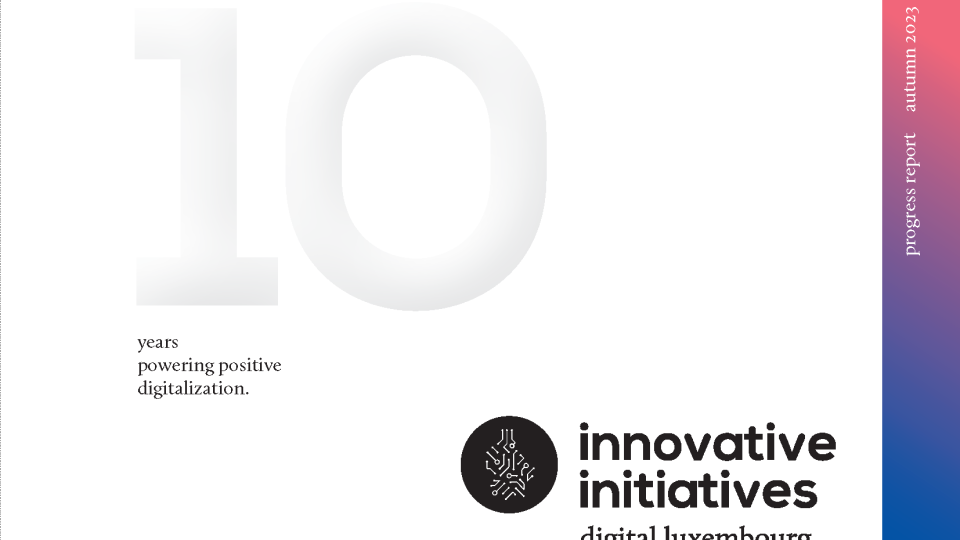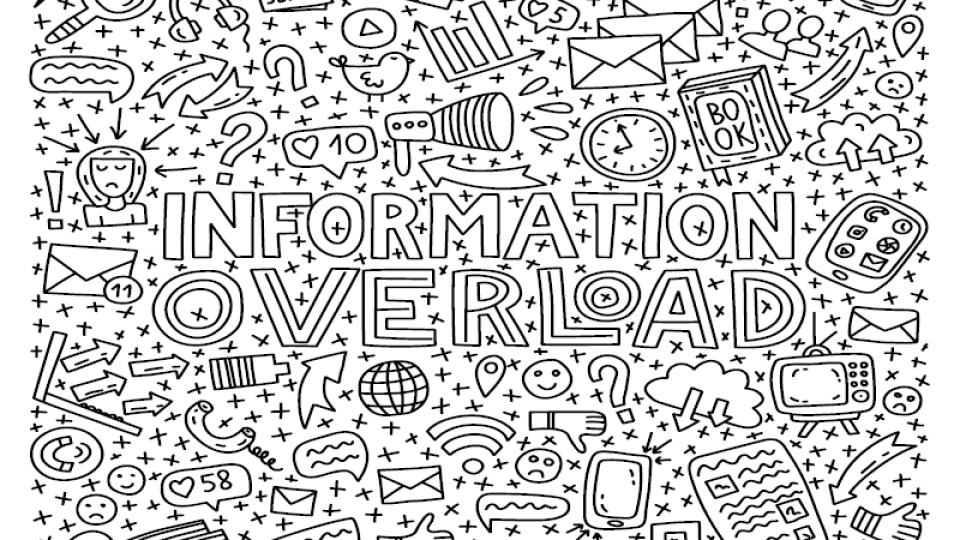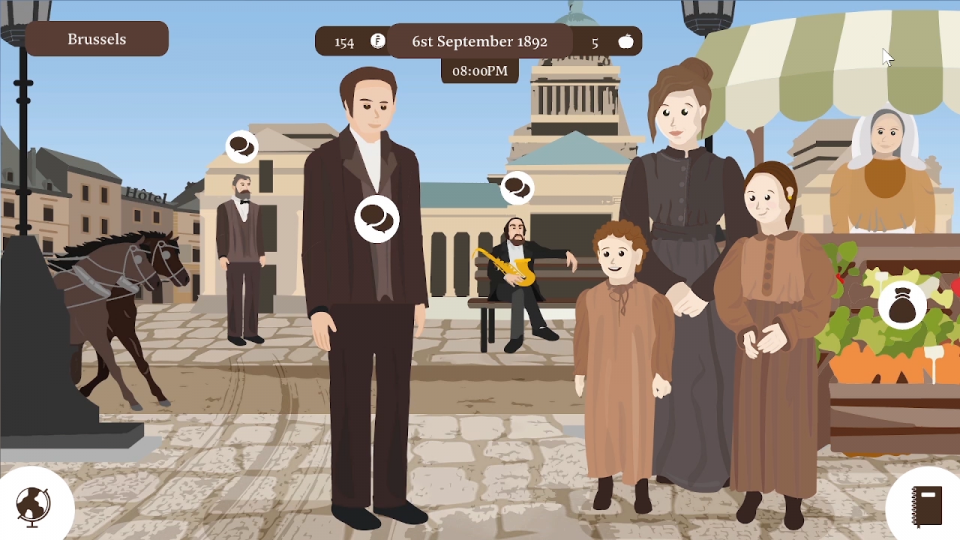On 17 January 2017, Minister of Education, Children and Youth Claude Meisch presented the ‘FutureHub’ label, launched with a view to giving a boost to secondary schools innovating in the field of new technologies.
In its initial phase, the label will be attributed to three secondary schools serving as regional centres for skills and training: the Lycée des Arts et Métiers (LAM) in Luxembourg City, the Lycée Technique d’Esch-sur-Alzette (LTE), and the future Lycée Edward Steichen in Clervaux (LESC).
Alongside their existing courses, these three secondary schools will also have a new I section, covering information technology and communication at the level of secondary education.
Development of Future Hub is part of the Digital(4)Education strategy presented two years ago, which aims at preparing young people for the digital world and taking advantage of the potential of all things digital in teaching. “Most of the measures announced have been achieved, ” the Minister announced. This includes classes equipped with digital tablets, MakerSpaces, the compilation of digital content, ICTs for maths, etc.
This latest stage takes things one step further; it involves training IT specialists who will ensure that the Grand Duchy has a place in the digital economy. The Minister likened the present economic situation to the rise of the iron and steel industry 120 years ago, when training centres (Léierbuden) offered courses for factory workers at all levels. “We want to start up the Léierbuden of the 21st century, ” he announced.
The FutureHub centres will operate as schools specialising in IT and sciences, with emphasis on programming, the management of big data, FinTech applications, and the development of video games. Courses will be offered at both general and technical secondary level, leading to the vocational aptitude diploma (diplôme d’aptitude professionnelle – DAP), technician’s diploma (diplôme de technicien – DT), diplomas certifying the successful completion of secondary studies (diplômes de fin d’études secondaires), and other types of qualification.
Additionally, starting in September 2017 in Luxembourg City and in Esch-sur-Alzette and as soon as the new secondary school in Clervaux opens in 2018, there will be a new I section in the upper level of secondary teaching. This will be open to all pupils who have successfully completed the 4e class of secondary education. A website, at www.futurehub.lu provides information on this new offer. Pupils who are interested may send a cover letter to info@futurehub.lu.
The FutureHub concept does not only affect the type of courses offered; it also involves a new concept of schools as a place for meeting, discovering and making contact with modern technologies, awakening young people’s interest in science, technology and IT. This will be accompanied by an innovative multidisciplinary teaching approach, based on project management. English, the dominant language in the ICT sector, will figure largely in the syllabus.
The FutureHub schools will also be open to the world of business and innovation. The Minister called on them to take inspiration from the creativity, innovative force, and spirit of enterprise of start-ups.
Although the I section will only be available in three schools initially, all other secondary schools will be free to diversify their existing sections in line with the new technologies by including more IT content. Legislation granting them this autonomy ought to enter into force at the start of the 2017–2018 school year.







